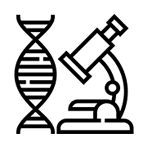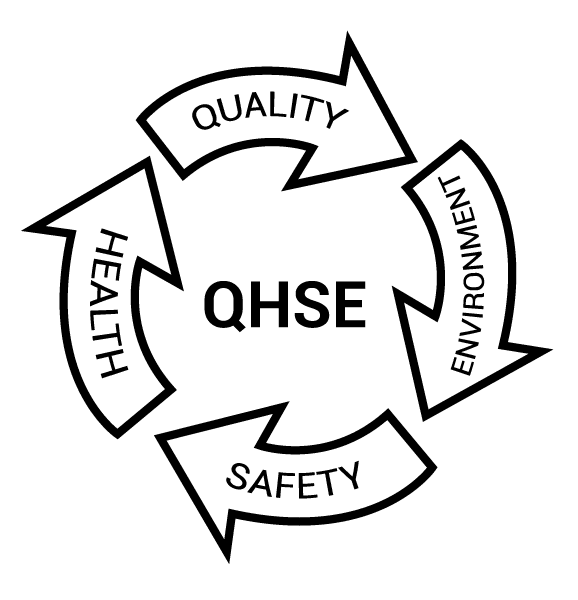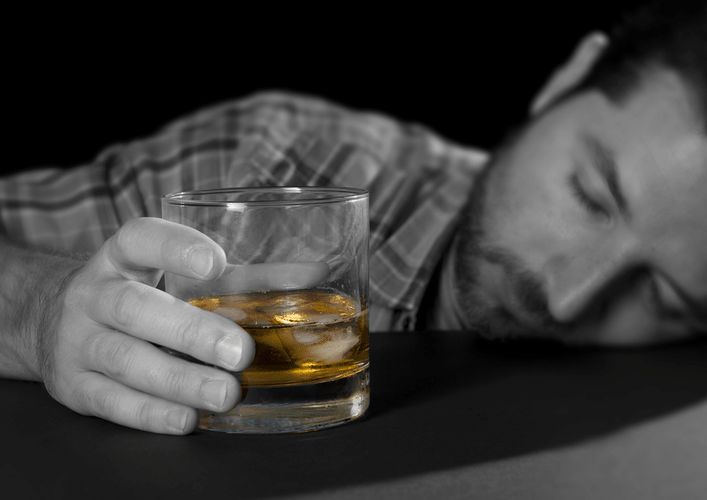Content
In 2020, alcohol consumption in the U.S. spiked, with heavy drinking increasing by 41% among women. Alcohol addiction is a disease characterized https://ecosoberhouse.com/ by a strong craving for alcohol, and continued use despite a negative impact on health, interpersonal relationships, and ability to work.
- Combining alcohol with other drugs can also have adverse effects.
- A recent national survey of junior and senior high school students tells a much different story.
- So, smaller people usually have a higher ratio of alcohol in their blood if they drink the same amount a heavier person drinks.
- There is an increased risk of developing an alcohol use disorder for teenagers while their brain is still developing.
- Alcohol consumption destroys cells in the digestive system, thus hindering the stomach’s ability to properly digest and absorb nutrients from food.
Impairs the liver’s ability to remove yellow pigment and skin appears yellow . Decreases production of blood-clotting factors; may cause uncontrolled bleeding. Liver accumulates fat which can cause liver failure, coma and death. With a blood alcohol content between 0.01 – 0.05, this is the first stage of intoxication. You may not look like you have been drinking, but your reaction time, behavior and judgment may be slightly altered. Depending on weight, most men and women enter this stage after one drink. More than 85% of adults report drinking alcohol at some point.
Alcohol Abuse Treatment
The side effects often only appear after the damage has happened. But more recent research suggests there’s really no “safe” amount of alcohol since even moderate drinking can negatively impact brain health. Esophageal cancer, particularly esophageal squamous cell carcinoma. In addition, people who inherit a deficiency in an enzyme that metabolizes alcohol have been found to have substantially increased risks of esophageal squamous cell carcinoma if they consume alcohol. By not drinking too much, you can reduce the risk of these short- and long-term health risks.
Why do I want to get drunk every night?
If you feel that you need a drink every night or to get through a social event, stressful situation or personal struggle, and you have a compulsion to drink or constantly crave alcohol, maybe even daily, this could be a sign of psychological dependency.
Beyond health consequences, the harmful use of alcohol brings significant social and economic losses to individuals and society at large. Without your circulatory system, you wouldn’t be able to pump blood, oxygen, or nutrients to the vital areas of the body that need it the most.
Short-Term Effects of Alcohol on the Body
They may have an intolerance, insensitivity, or allergy to alcohol or another ingredient in a drink. By working together effectively, the negative health and social consequences of alcohol can be reduced. A variety of factors which affect the levels and patterns of alcohol consumption and the magnitude of alcohol-related problems in populations have been identified at individual and societal levels.
Drinking and using tobacco together can further increase your risk of developing mouth or throat cancer. Excessive drinking may affect your menstrual cycle and potentially increase your risk for infertility. If your body effects of alcohol on the body can’t manage and balance your blood sugar levels, you may experience greater complications and side effects related to diabetes. Alcohol use can begin to take a toll on anyone’s physical and mental well-being over time.
More Articles on the Effects of Alcohol
It can also lead to irritation of the lining of the stomach, called gastritis. Drinking can be a healthy social experience, but consuming large amounts of alcohol, even one time, can lead to serious health complications. Trends in premature deaths from alcoholic liver disease in the U.S., 1999–2018. People who drink heavily over a long period of time are also more likely to develop pneumonia or tuberculosis than the general population. The World Health Organization links about 8.1 percent of all tuberculosis cases worldwide to alcohol consumption. Over time, drinking can also damage your frontal lobe, the part of the brain responsible for executive functions, like abstract reasoning, decision making, social behavior, and performance. Slurred speech, a key sign of intoxication, happens because alcohol reduces communication between your brain and body.
Alcohol may cause kidney, bladder and prostate inflammation. Immune System – this is what fights off germs, viruses and other illness in your body.














